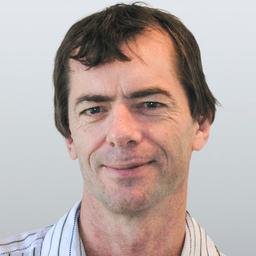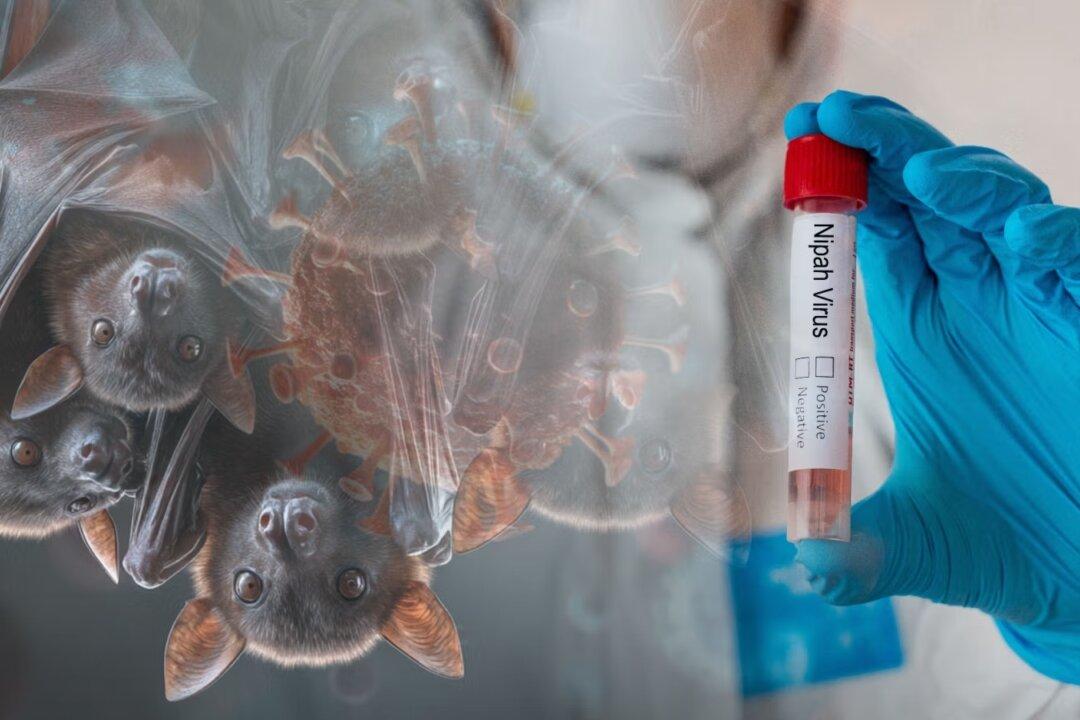Commentary
It is tiring to be accused of being “far-right” by people doing the bidding of the corporations and investors who recently made a killing on COVID-19. It is particularly irritating that such people, while deriding low-income workers and the “uneducated,” have convinced themselves that they are somehow being virtuous. They call themselves “left,” but so do I. We either need to rethink or ditch these outdated epithets, or be more honest about our positions.





